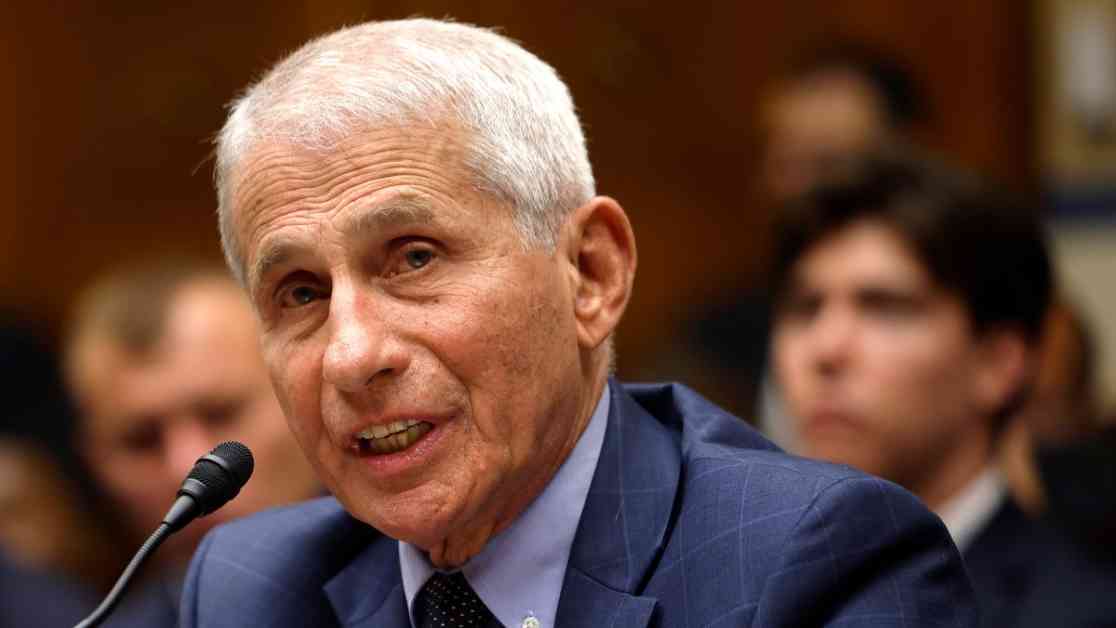Dr. Anthony Fauci, the renowned infectious disease expert and former chief medical adviser to President Joe Biden, was recently hospitalized after contracting West Nile virus. At 83 years old, Fauci is now recovering at home and is expected to make a full recovery from the illness. This news comes as a surprise to many, as Fauci had been at the forefront of the battle against the Covid-19 pandemic and is a well-respected figure in the medical field.
### Understanding West Nile Virus
West Nile virus is a mosquito-borne illness that can cause a range of symptoms, from mild fever to severe neurological complications. The virus is primarily spread through the bite of infected mosquitoes, particularly those of the Culex species. While there is no specific treatment or vaccine for West Nile virus, most people who are infected will experience mild symptoms and recover on their own. However, in some cases, the virus can lead to more serious conditions such as meningitis or encephalitis, which may require hospitalization.
### Recent West Nile Virus Cases
As of August 24, there have been 216 human cases of West Nile virus reported in 33 states. Of these cases, 142 were classified as neuroinvasive, indicating severe complications such as inflammation of the brain or spinal cord. These cases typically require medical attention and monitoring in a hospital setting. It is important to note that West Nile virus cases tend to peak in late summer and early fall, as this is when mosquito activity is at its highest.
Experts have noted an increase in West Nile virus activity this summer, with several states reporting human cases earlier than usual. In fact, by June 25, at least seven states had already confirmed cases of the virus. This trend has raised concerns among health officials, especially in regions where mosquito populations have been found to be carrying the virus at higher rates than in previous years.
### Prevention and Control Measures
To reduce the risk of contracting West Nile virus, it is important to take preventive measures such as using insect repellent, wearing long sleeves and pants when outdoors, and eliminating standing water where mosquitoes can breed. These simple steps can help protect against mosquito bites and reduce the likelihood of being infected with the virus.
In addition to personal protection, communities can also implement mosquito control measures to reduce the overall mosquito population and minimize the spread of West Nile virus. This may include larvicide treatments, mosquito trapping and monitoring, and public education campaigns to raise awareness about the risks of mosquito-borne illnesses.
### Conclusion
In conclusion, the news of Dr. Anthony Fauci being hospitalized with West Nile virus serves as a reminder of the importance of taking precautions against mosquito-borne illnesses. While most cases of West Nile virus are mild and resolve on their own, severe complications can occur in some individuals. By staying informed about the risks, practicing good mosquito bite prevention, and supporting efforts to control mosquito populations, we can help protect ourselves and our communities from the spread of West Nile virus and other mosquito-borne diseases.
